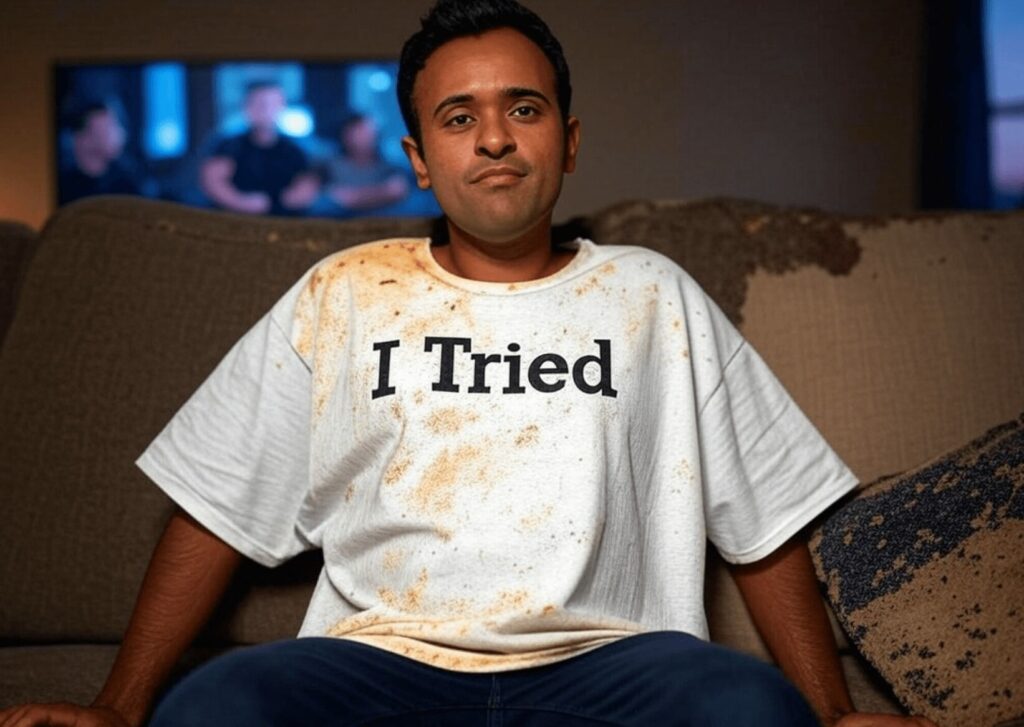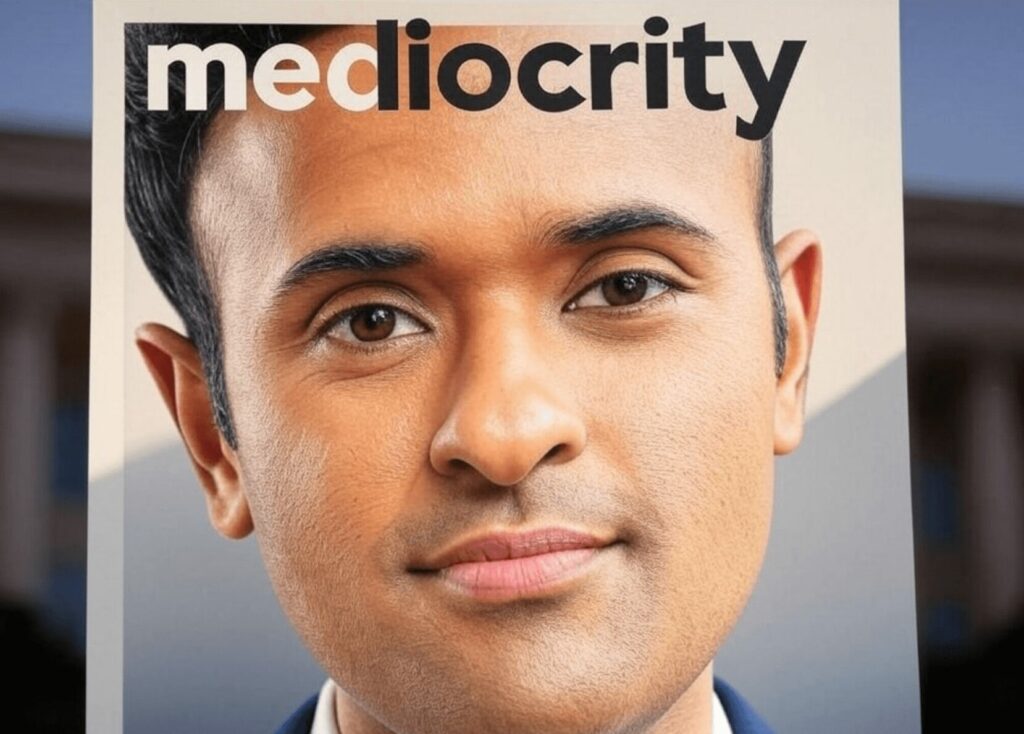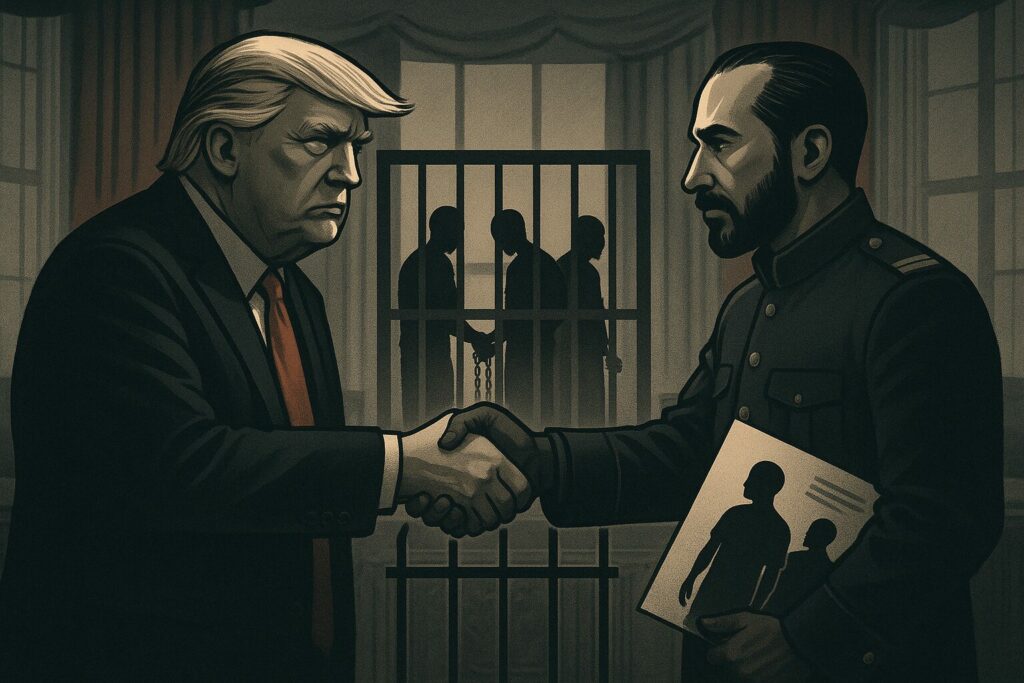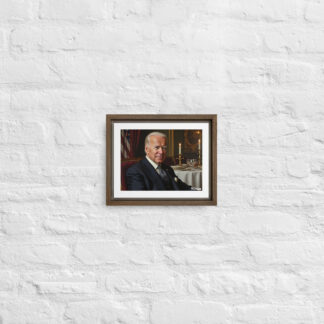How Vivek Ramaswamy’s 90s Kids Rant Exposes Him as an Immature Man-Child
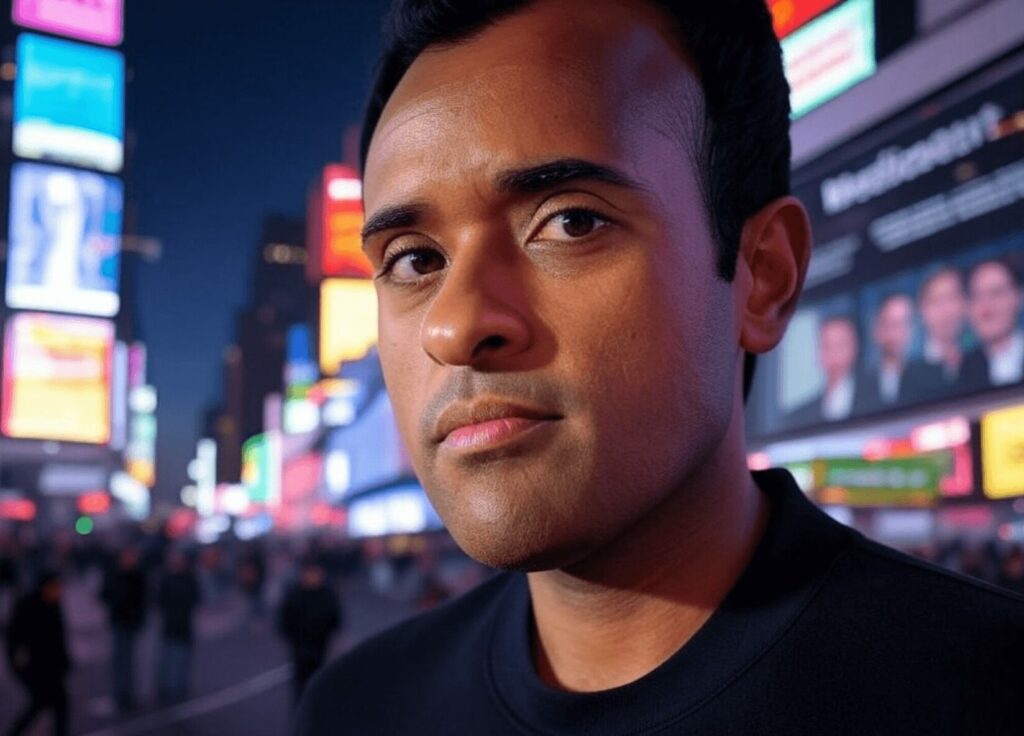
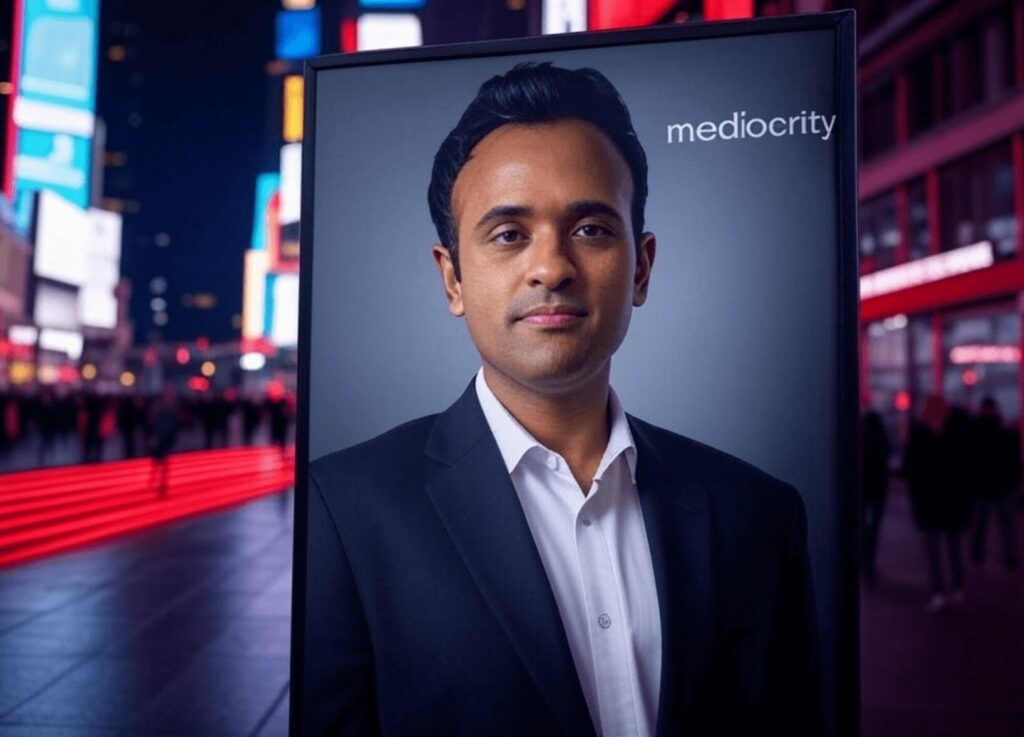
Vivek Ramaswamy embodies mediocrity in disguise. On paper, he seems exceptional: Ivy League educated, a young billionaire, physically attractive, and a former Presidential candidate. But peeling back the carefully constructed layers reveals a glaring lack of substance, humility, and genuine merit.
Ramaswamy’s recent Twitter rant attacking American culture for celebrating mediocrity perfectly exposes his hollow facade. The thread overflows with shallow observations, weak examples, and conclusions that highlight his own flaws more than the nation’s. Let’s break it down.
Vivek Ramaswamy’s Veneer of Exceptionalism
Ramaswamy’s Ivy League education might seem like a hallmark of excellence, but in practice, it represents exclusivity, not ingenuity. Admission to Ivy League schools often depends more on privilege, connections, and curated resumes than on intellectual or creative brilliance. Once inside, the networking opportunities are invaluable, but the education itself rarely produces outliers who push society forward.
Ramaswamy’s career is a case in point. High-frequency trading—one of his early ventures—requires exploiting existing systems, not innovating new ones. His pharmaceutical endeavors, built on manipulating patents and marketing rather than curing diseases, further demonstrate his opportunistic approach to success. Nothing in his resume required the Ivy League pedigree he touts so heavily. It’s all sizzle, no steak.
Even his billionaire status fails to qualify as an achievement. In a world where speculative markets and artificial valuations generate wealth without real productivity, billionaire status no longer signifies true excellence.Ramaswamy’s wealth, much like his persona, showcases his skill at gaming the system rather than contributing meaningful value.
His Critique of TV Shows: A Mediocre Mind at Work
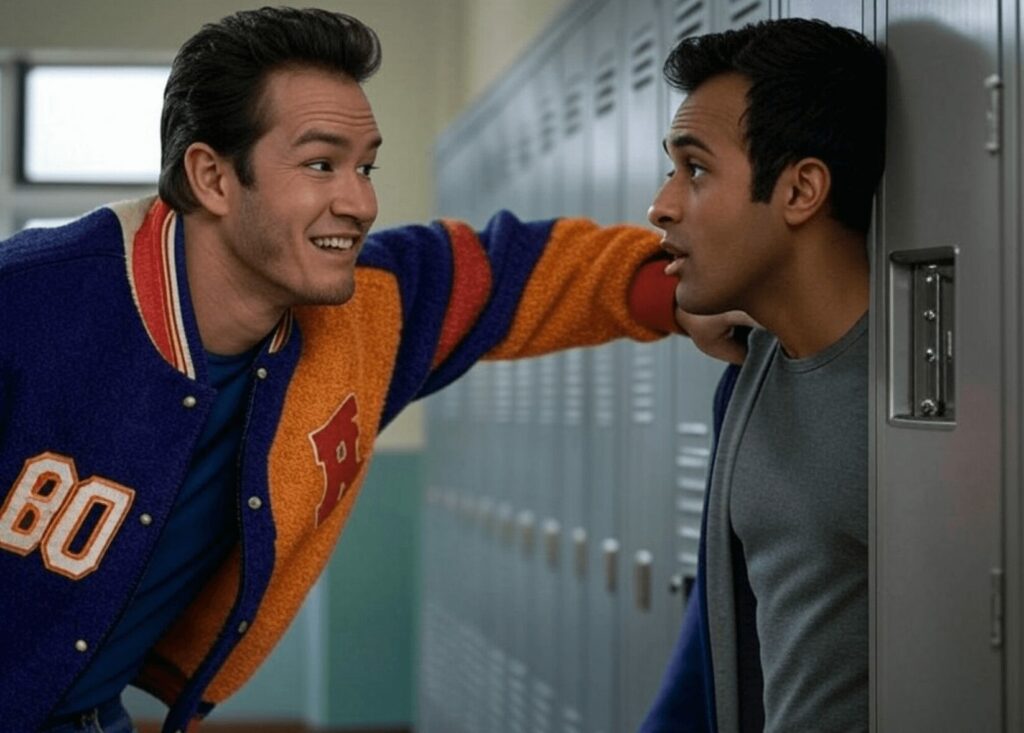
One of the most glaring examples of Ramaswamy’s shallow thinking comes from his critique of beloved ’90s TV shows like Boy Meets World, Saved by the Bell, and Family Matters. He claims these shows venerated mediocrity and contributed to a cultural decline. But this argument falls apart under even the slightest scrutiny—especially when it comes to Boy Meets World.
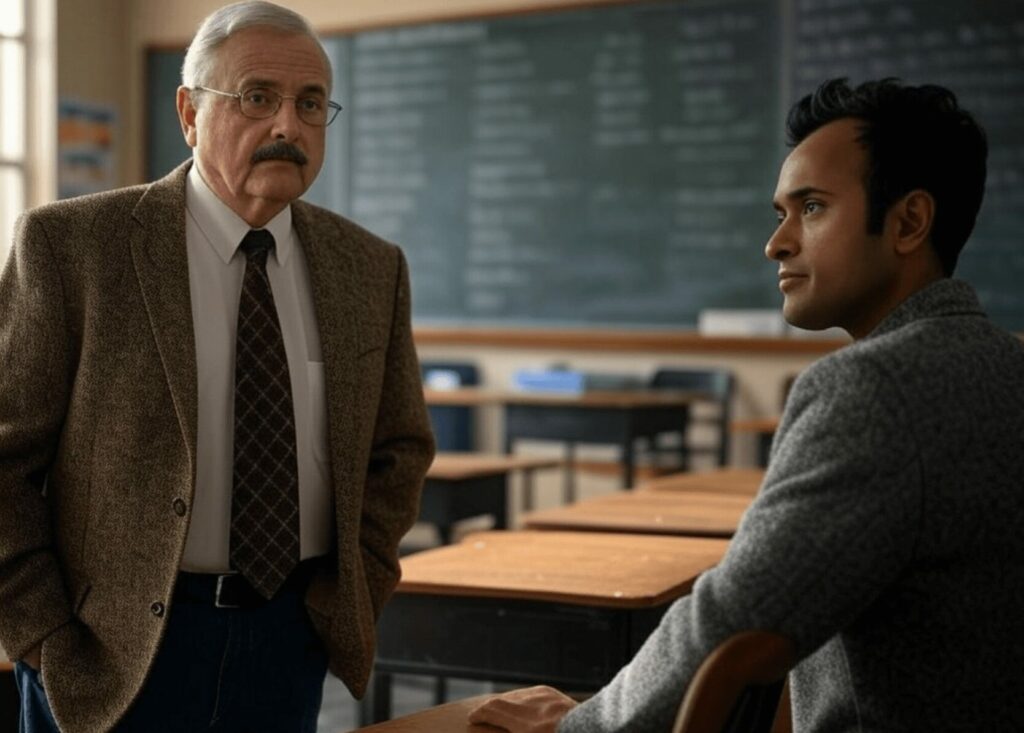
As someone from Philadelphia, where Boy Meets World is set, I take particular issue with his dismissal of this show. Far from promoting mediocrity, Boy Meets World tackled deeply important themes like hard work, personal responsibility, and moral integrity. Corey Matthews and his family embodied American middle-class values. They emphasized hard work, upheld strong principles, and prioritized relationships over superficial success.
In fact, one of the most memorable episodes explicitly addressed the very decline Ramaswamy laments. The show examined the struggle between taking shortcuts and earning success through perseverance. It reinforced that real achievement comes from effort and integrity. Boy Meets World celebrated the excellence and character Ramaswamy claims to value—but clearly failed to recognize.
The same goes for Family Matters, which centered around the Winslow family, a hardworking, middle-class Black family navigating challenges with humor and resilience. Stefan Urkel, the cool guy character Ramaswamy dismisses as a symbol of mediocrity, was also a genius. If Ramaswamy had spent any time actually watching these shows, he’d realize they uplifted core American values rather than undermining them.
This shallow critique reveals Ramaswamy’s mediocrity in more ways than one. It shows his inability to engage thoughtfully with culture and his tendency to rely on surface-level takes to sound provocative. By cherry-picking examples he clearly doesn’t understand, he exposes himself as someone more interested in scoring cheap points than engaging in meaningful critique.
Immaturity and Lack of Humility
Ramaswamy’s critiques don’t just fail because they’re shallow—they fail because they’re delivered with an arrogance that belies his immaturity. His argument that America’s culture has embraced mediocrity isn’t entirely wrong—there are genuine issues with how we value fame over substance—but his examples and solutions show a profound lack of humility.
Take his suggestion that Whiplash is the kind of cultural content we need more of. While the movie is an intense exploration of ambition and sacrifice, its message isn’t universal, nor is it practical. Most people don’t thrive under the brutal perfectionism it portrays, and the idea that this represents a model for American culture ignores the importance of balance, creativity, and joy. Not to mention, becoming a jazz drummer—while noble—doesn’t exactly guarantee financial stability.
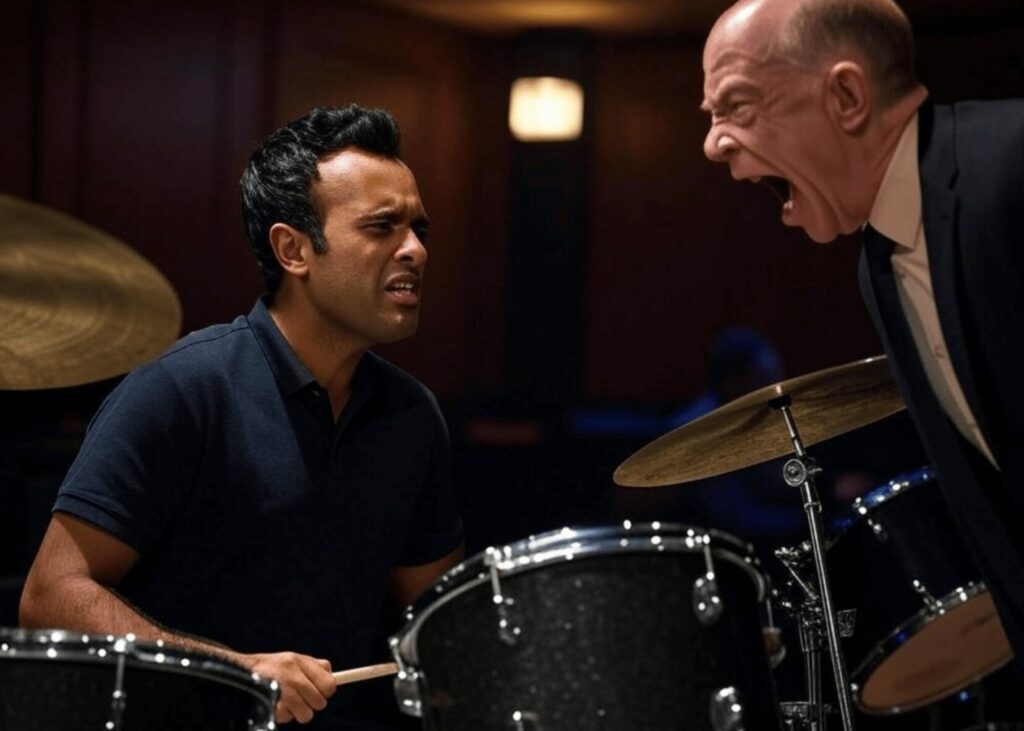
Ramaswamy’s inability to engage deeply with these cultural nuances reflects the same immaturity that marked his Presidential campaign. Whether critiquing immigration, government systems, or the Federal Reserve, his solutions often lacked depth and showed a complete unwillingness to grapple with the complexities of the issues he claimed to address.
The Cost of the Veneer of Elitism
Ramaswamy’s carefully curated image of success—wealth, education, and public presence—might look impressive from a distance, but it crumbles under scrutiny. If we were to assign negative dollar values to traits like arrogance, immaturity, and opportunism, his net worth would plummet.
True merit doesn’t just come from acquiring credentials or wealth—it comes from using those tools to create something meaningful and lasting. By that standard, Ramaswamy falls short. His critiques of American culture are undercut by his own lack of intellectual humility and inability to engage deeply with the systems he claims to understand.
He claims that America has venerated mediocrity over excellence, but his own career is a testament to how mediocrity can thrive when wrapped in the trappings of privilege and wealth. He’s not a champion of meritocracy—he’s a case study in how the illusion of merit can be sold to the public without any substance behind it.
The Real Problems Are Harder To Solve Than Vivek Can Handle
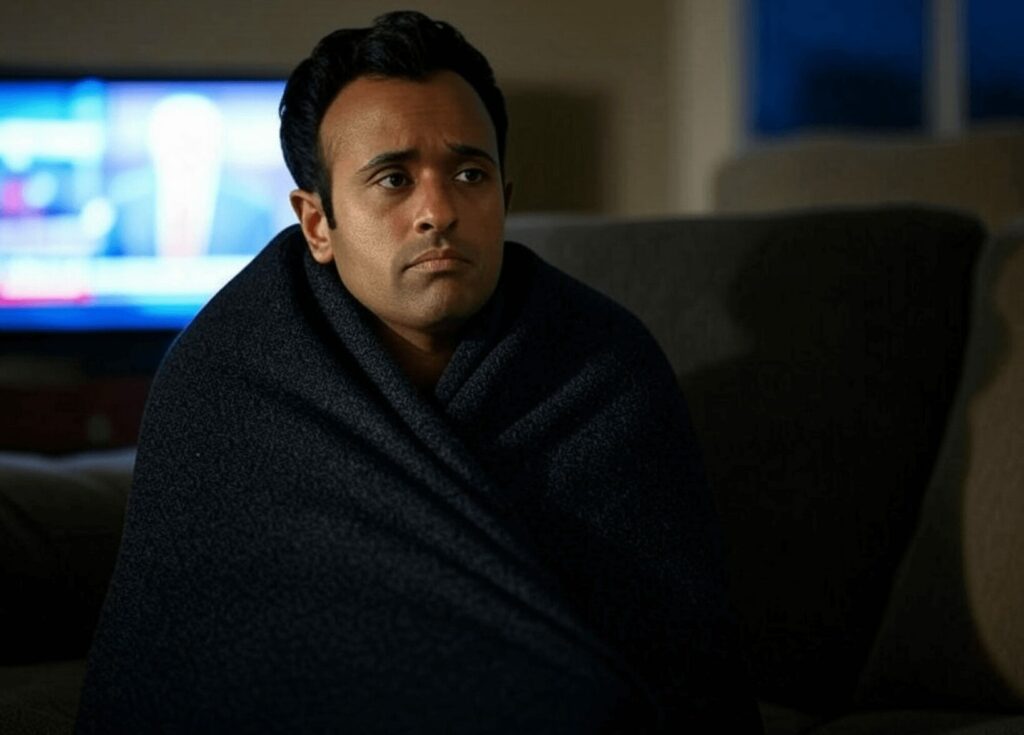

If Ramaswamy wanted to have an honest conversation about mediocrity in America, he’d start with the systems that reward people like him. Ivy League schools, speculative markets, and the social networks that amplify controversy over substance are all part of the problem. Instead, he directs his criticism at sitcoms and middle-class families, missing the point entirely.
The truth is that America doesn’t need more Whiplash or fewer Friends. It needs systems that reward genuine innovation, intellectual humility, and hard work. It needs fewer billionaires whose wealth is built on paper and more people whose contributions leave a lasting impact on society.
Vivek Ramaswamy is not the solution to America’s mediocrity problem—he’s a symptom of it. And the sooner we stop mistaking his kind of manufactured success for genuine excellence, the closer we’ll get to fixing the problem for real.

